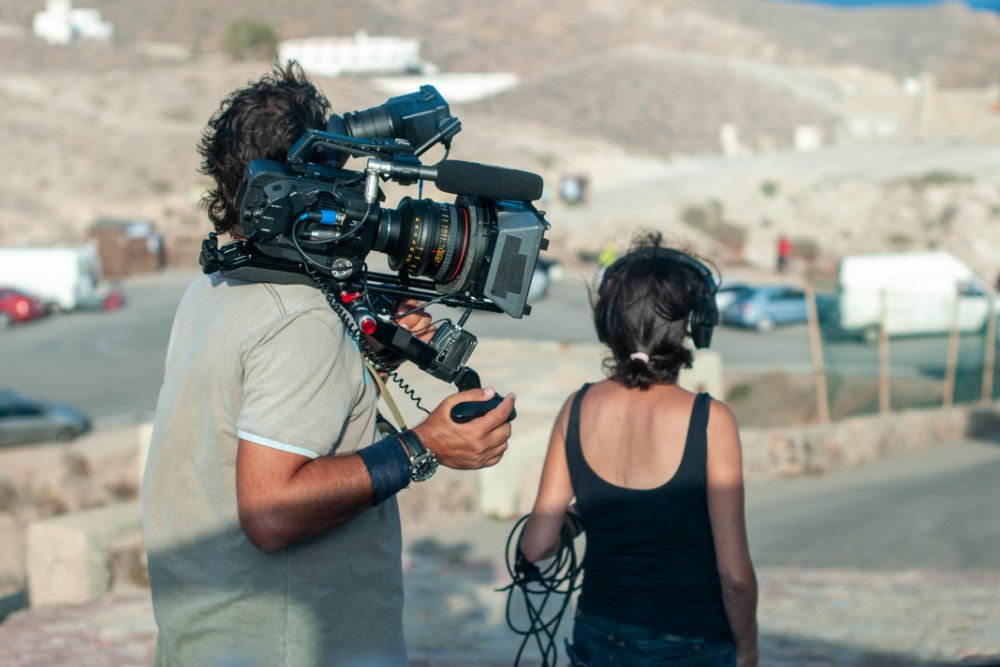"A Powerful Connection." Behind Another Public Radio Mega-Gift
/NPR stations. credit: NPR
The verdict is in: Social media has failed to deliver the goods. It's left us angry, depressed and isolated. And while television is enjoying something of a renaissance, a spin through your cable channels will bring to mind the phrase "vast wasteland."
Viewed through this lens, a $10 million donation from an anonymous donor known as "Suzanne" to Seattle's KEXP, which is devoted to music, makes a lot of sense. With 900 member stations spread across every state in the nation, including KEXP, the NPR network and public media in general is looking like one of the great hopes for journalism and culture alike. In many places, these stations can feel like familiar companions to their listeners. Public radio could be the next frontier for donors looking to back authentic engagement, interpersonal connectivity, and community-building.
The donation to KEXP will create a permanent endowment, secure six months' continuous cash reserves, and fund a full-time education and outreach team. The station’s executive director, Thomas Mara, told the New York Times he believes it is the largest-ever gift to a single U.S. public radio station. (If true, then it's a tie for first: Late last year, the Jerome L. Greene Foundation gave $10 million to New York Public Radio.)
That makes two mega-gifts to public radio stations within the last six months. And while it may not constitute an actual trend, the machinations of each gift underscore why mega-donors are giving public radio stations a second look. But before I delve into these reasons, let's first place the KEXP gift in a larger context.
Public radio stations exist, of course, thanks to donations from listeners, public sources and foundations, and the 46-year old KEXP is no stranger to fundraising.
Back in 2001, when it was student-run operation at the University of Washington under the call sign KCMU, it received a $3 million donation from Paul Allen. In 2012, it launched a capital campaign to raise $15 million for larger, state-of-the-art facilities at Seattle Center. Today, half of KEXP's average two-year cash budget of $8 million comes from individual donations.
All in all, KEXP's fundraising infrastructure seems appropriate for a station of its size and audience. But the sheer magnitude of Suzanne's gift forced it to improvise.
According to the New York Times, Suzanne died in 2016, and her estate lawyers informed the station of the gift in February 2017. For the last year, the station’s leadership and board kept the gift under wraps while they received a crash course in setting up a permanent endowment.
Consider this another "good problem to have" in the brave new world of mega-giving.
As philanthropy continues to surge across many sectors, unexpected mega-gifts from donors with light or non-existent giving histories are flowing with greater frequency, leaving many recipient organizations—public radio stations and otherwise—flat-footed. And happily so: Suzanne's gift to KEXP is $2 million more than its average two-year cash budget.
"There is not a manual for this," Mara said.
The unanticipated nature of the KEXP gift provides a nice counterpoint to the Jerome Green Foundation gift to New York Public Radio (NYPR). If the former was unexpected, the latter had been telegraphed for years.
It was over 11 years ago that the Greene Foundation gave NYPR $6 million—the largest gift ever to a public radio station at the time—to build out the organization’s live event space. A $10 million gift in 2014 supported NYPR's digital transformation and paved the way for WNYC Studios in 2015. The support culminated with last year's gift, earmarked to support NYPR's strategic content initiatives.
The Green Foundation's support focused on generating content like podcasts and live musical performances, and transforming NYPR into a "multi-platform journalism service." As for Suzanne's gift to KEXP, in addition to providing financial security, it will allow more musician workshops on topics like securing festival bookings, understanding contracts, and staying healthy on tour, according to Mara.
"Thanks to Suzanne, we’ll be able to play a better role as a guide to musicians," he said.
KEXP's focus on musicians reflects a unique brand that has helped the station differentiate itself in a crowded and homogenized marketplace. "As streaming services and algorithms increasingly dominate music consumption, KEXP's cheeky slogans like 'Robot-Free Radio' resonate with listeners," wrote the Times' Gregory Scruggs.
"Because our D.J.s have been given the exclusive responsibility to select the music that you hear, you get to know our D.J.s by listening to the songs they think need to be heard," KEXP's Mara said. "That creates a powerful connection, and I think that was a major reason why Suzanne connected so strongly with us."
Mara hits on a telling point. The gifts to NYPR and KEXP speak to a growing donor desire for substantive, honest-to-goodness human interaction in a world dominated by algorithms, Russian bots, fears of A.I., fake news, and social media that seems to manipulate rather than connect us.
The gift comes a few months after the Andrew W. Mellon Foundation awarded a grant to the Minneapolis Institute of Art (MIA) to determine the extent to which arts experiences can foster greater empathy and compassion in viewers. The goal, to quote MIA director Kaywin Feldman, is to cultivate "an immediate sense of connection between the viewer and someone who may have lived in a very different time and place."
Sounds familiar, doesn't it?
Of course, there's more than one way to build an authentic connection in our digitized world, and news out of Seattle suggests that donors searching for—to quote Marvin Gaye and Tammi Terrell—"the real thing" could do far worse than the intimate medium that is public radio. And in a philanthropic climate replete with unexpected mega-gifts, stations have cause to be optimistic. All it takes is one inspired individual like Suzanne to transform a public radio station's fortunes.
In a testimonial that she recorded before her death, Suzanne described KEXP’s role in her life.
"When I told my uncle that my favorite radio station had just gone off the air, he turned me on to KEXP," she said. "Music is one of the best ways to unite people globally, and I love an organization which spreads that goodness."







































